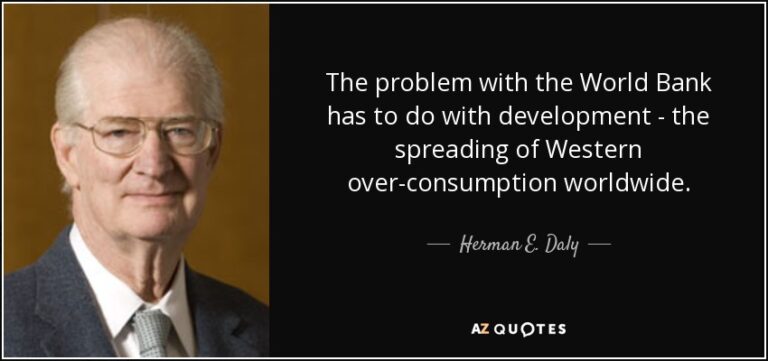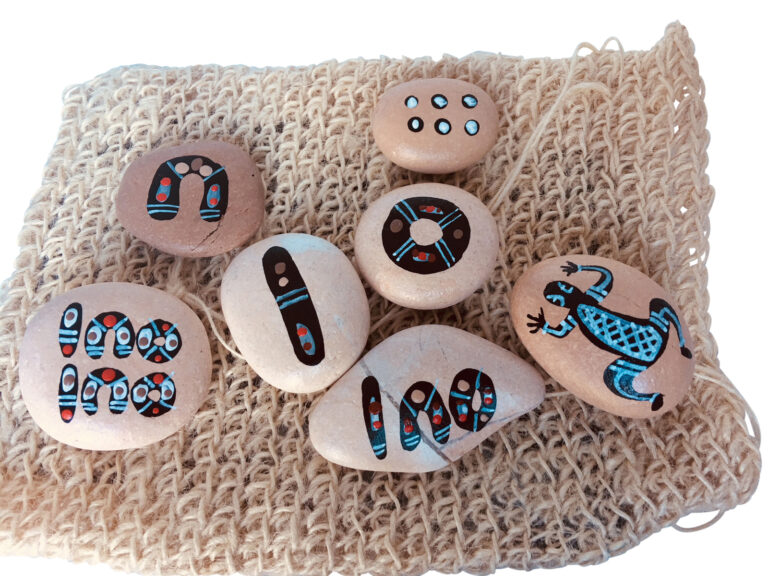Continuing to focus on authors and their books that include ideas worth sharing, here are a bunch of extracts from the latest book by John Green. To consider these thoughts helps expand our worldview on the one hand, and also helps appreciate that ideas considered too out there, are maybe more mainstream than we thought – not as wacky as some would suggest.
The Anthropocene Reviewed: Essays on a human centred planet, By John Green, 2021
Persistence is what has allowed us to dominate the earth and her species. Early humans probably used many strategies for hunting and fishing, but a common one was persistence hunting. In a persistence hunt, the predator relies on tracking prowess and sheer persistence. We would follow prey for hours, and each time it would run away from us, we’d follow, and it run away again, and we’d follow and it would away again, until finally the quarry became too exhausted to continue. That’s how for tens of thousands of years we’ve been eating creatures faster and stronger than us. (Page 21 in Humanity’s Temporal Range)
Here’s the plain truth, at least as it has been show to me: We are never far from wonders. Be it the wonder of a distant misty view or the wonder of a single tree leaf, as pointed out to me by my two year old son who called it a “Weaf”. Marveling at the perfection of a leaf, I was reminded that aesthetic beauty is as much about how and whether you look at what you see. From the quark to the supernovas, the wonders do not cease. It is our attentiveness that is in short supply, our ability and willingness to do the work that awe requires. (Page 33 in Our Capacity for Wonder)
You can do something about abandonment. You can construct a stronger independent self, for instance, or build a broader network of meaningful relationships so your psychological well-being isn’t wholly reliant upon one person.
And that seems to me one of the great oddities of the Anthropocene. For better or worse, land has become ours. It is ours to cultivate, to shape, even ours to protect. We are so much the dominant creature on the planet that we essentially decide which species live and which die, which grow in numbers and which decline. (Page 58 in Canada Geese)
As history plays out and future generations reflect on this time … classes of the future will have successfully boiled down the story into a single narrative. And I suspect that our choices will seem unforgiveable and even unfathomable to the people reading those history books. “It is fortunate,” Charles Dudley Warner wrote more than a century ago, “that each generation does not comprehend its own ignorance. We are thus able to call our ancestors barbarians.”
The wildfires that have become more common must be put out today.
[Whatever it is], it’s all a misconception. I am utterly, wholly dependent on what I imagine as the outside world. I am contingent upon it. For humans, there is ultimately no way out of the obligations and limitations of nature. We are nature. And so, like history, the climate is both something that happens to us and something we make. (Page 76 in Air Conditioning)
One of the mysteries of life is why life wants to be. Life is so much more biochemical work than chemical equilibrium, but still, staph desperately seeks that work. As do I, come to think of it. Staph doesn’t want to harm people. It doesn’t know about people. It just wants to be, like I want go on, like that ivy wants to spread across the wall, occupying more and more of it. How much? As much as it can.
It’s not Staph’s fault that it wants to be. (Page 84 in Staphylococcus Aureus)
It travels with me everywhere I go, but I find myself thinking of that Wordsworth poem that begins, “The world is so much with us, late and soon.”
What does it say that I can’t imagine my life without the internet? What does it mean to have my way of thinking, and my way of being, so profoundly shaped by machine logic? What does it mean that, having been part of the internet for so long, the internet is also part of me?
My friend Stan Muller tells me that when you’re living in the middle of history, you never know what it means. I am living in the middle of the internet. I have no idea what it means. (Page 88 in The Internet)
Sitting on the banks of a creek one September afternoon and Todd told me that what he liked about rivers was they kept going. They meander this way and that, but they keep going. (Page 92 in Academic Decathlon)
The photographer Alec Soth has said: “To me, the most beautiful thing is vulnerability.” I would go a step further and argue that you cannot see the beauty which is enough unless you make yourself vulnerable to it. And one such beauty can be something as simple as a sunset. (Page 99 in Sunsets)
The opening sequence of the 2014 film Penguins of Madagascar is one of the greatest scenes in cinematic history. (Page 108)
It’s a children’s movie … but every time I watch Penguins of Madagascar, I think of how all of us are invisible to penguins almost all of the time, and yet we are nonetheless their biggest threat – and also their best hope. In that respect, we are a kind of god – and not a particularly benevolent one. (Page 109)
Today, White Wilderness is remembered not as a documentary about lemmings, but a documentary about us, and the lengths we will go to hold on to a lie.
There is a line in Penguins of Madagascar like: … an adult penguin who stays in line and announces, “I question nothing,” I mostly follow rules. I mostly try to act like everyone else is acting, even as we all approach the precipice. We imagine other animals as being without consciousness, mindlessly following the leader to they-know-not-where, but in that construction, we sometimes forget that we are also animals. (Page 110) (Page 108 109 110 in Penguins of Madagascar)
You need not give up. In To Kill a Mockingbird, Atticus Finch defines courage by saying, “It’s when you know you’re licked before you begin but you begin anyway.” (Page 143 in The Yips)
As with all the best sci-fi writers, Kurt Vonnegut was really good at seeing into the future. Way back in 1974, he wrote: “What should young people do with their lives today? Many things, obviously. But the most during thing is to create stable communities to which the terrible disease of loneliness can be cured.”
That seems to me an even more important, and more daring, endeavor than it was forty-seven years ago. (Page 163 in Googling Strangers)



